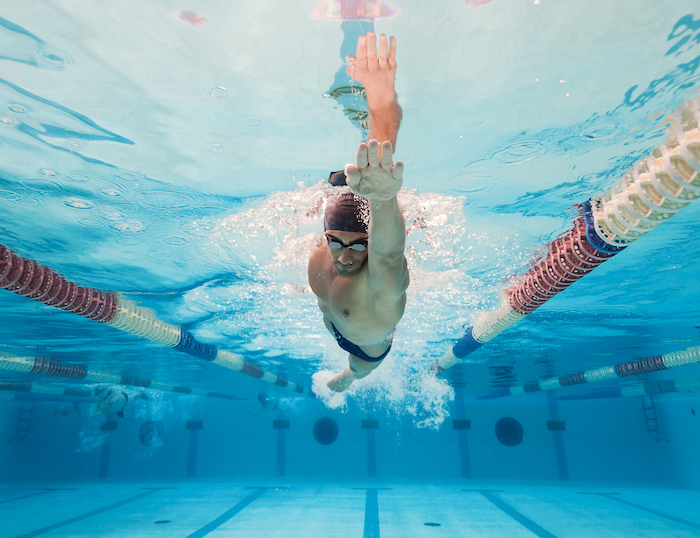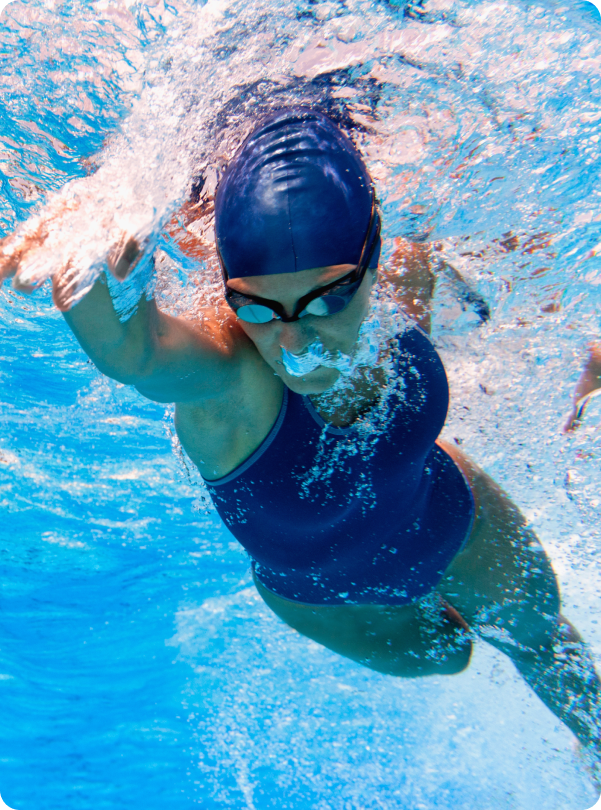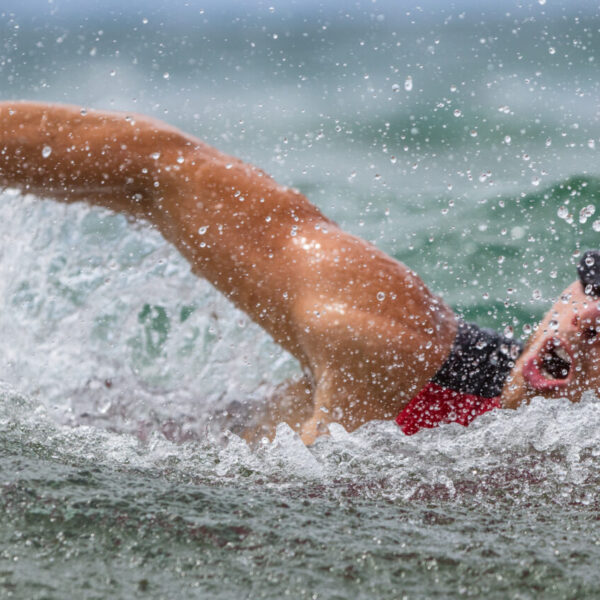
The Energy Demands of Swimming
Swimmers require a high level of energy to propel themselves through the water. The physical exertion and endurance required during training and competitions necessitate a substantial intake of calories. Carbohydrates are the primary fuel source for swimmers, providing the necessary energy for those extended hours in the pool. Opting for complex carbohydrates such as whole grains, fruits, and vegetables, rather than simple sugars, ensures a steady release of energy, sustaining performance throughout training sessions.
The timing of meals plays a pivotal role in a swimmer’s performance. Consuming a balanced meal a few hours before training or a competition allows for proper digestion and energy utilization. Post-training nutrition is equally crucial for recovery. Adequate protein intake aids in muscle repair and growth. Including sources of lean protein like chicken, fish, eggs, or plant-based options such as legumes and tofu facilitates this process. Hydration is non-negotiable for swimmers. Dehydration can drastically impair performance and lead to fatigue. Given the nature of the sport taking place in water, it’s easy to overlook the need for proper hydration. However, the body still expends significant amounts of water through sweat, and adequate fluid intake before, during, and after training is essential to maintain optimal performance.
Micronutrients for Optimal Function
Beyond macronutrients, the role of micronutrients—vitamins and minerals—should not be underestimated. Iron, for instance, is crucial for oxygen transport in the body. A deficiency can lead to fatigue and decreased performance. Similarly, calcium is essential
for bone health, which is particularly important for swimmers due to the repetitive impact of training in the water.


Maintaining an optimal weight is a concern for many athletes, and swimmers are no exception. However, extreme dieting or improper nutrition practices can be detrimental. Striking a balance between energy intake and expenditure is key. Consulting with a nutritionist to create a personalized nutrition plan that supports the athlete’s performance and health goals is highly recommended.
The Psychological Impact of Nutrition
Nutrition not only affects the body but also the mind. A well-fueled body contributes to mental clarity, focus, and overall psychological well-being. A diet rich in antioxidants, found in fruits and vegetables, can also help reduce oxidative stress, potentially aiding in faster recovery. In conclusion, the significance of nutrition for swimmers cannot be overstated. A well-planned, balanced diet tailored to the individual swimmer’s needs is an integral part of achieving peak performance, ensuring adequate recovery, and supporting overall health. Proper nutrition isn’t just about what happens in the pool; it’s a fundamental component in the journey towards success in the world of competitive swimming.
Let Barbara customize your fueling plan and take you to the next level!
